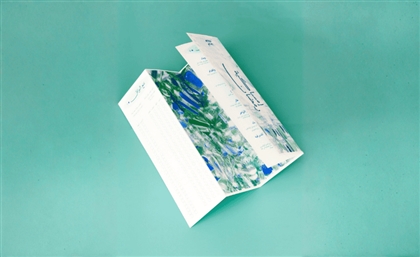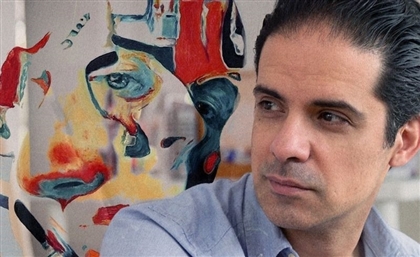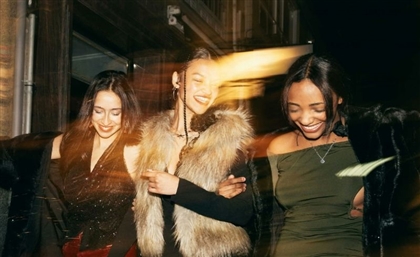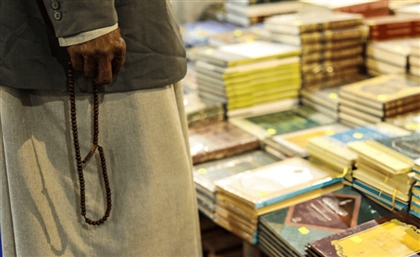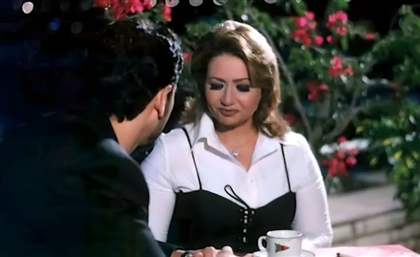Review: ‘Urchin’ Is A Familiar Story Elevated by a Star-Making Turn
‘Urchin’ doesn’t break new ground. But it does feel very honest, and Harris Dickinson shows real promise as a filmmaker.
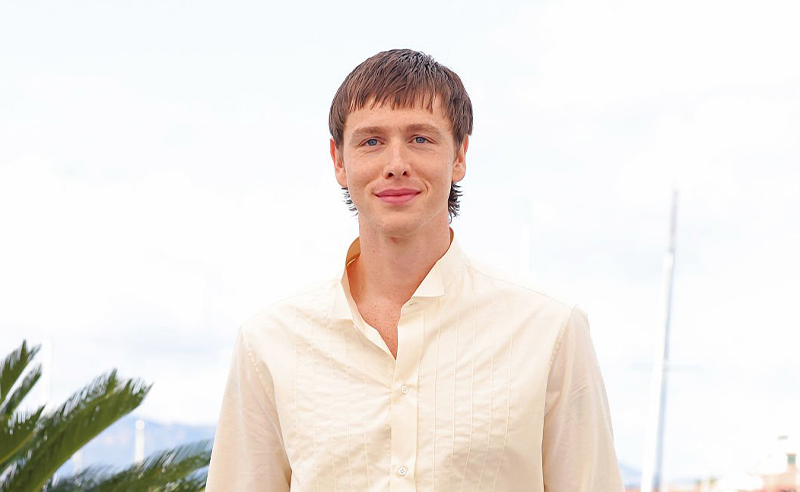
Harris Dickinson, best known for ‘Triangle of Sadness’ and ‘Babygirl’, makes an impressive debut as a writer-director with Urchin. The film is a compassionate and darkly humorous portrait of homelessness. It evokes memories of Mike Leigh’s ‘Naked’, though it lacks that film’s philosophical depth. That said, Frank Dillane delivers what will surely be a breakout, star-making performance as Mike.
He plays a junkie who’s spent the last five years living on the streets. His only real connection is Nathan, a fellow drifter played by Dickinson himself in a cameo. Egyptian actor Amr Waked rounds out the cast as Mike’s employer. At its core, Urchin is a reflection on the brutal cycle of substance abuse.
The cycle of abuse is a brutal spiral. It starts with desperation. You steal, you mug, you hurt people just to get some cash so you can guarantee your next hit. Sooner or later, you’re caught. Jail gives you a break. You go through withdrawal symptoms. Get clean again. You meet someone who mistakenly thinks they can save you. And for a while, you believe you can be a better person. You try to do better. You go to meetings, listen to self-help books, apply for jobs, and clean yourself up. Someone gives you a shot. And before you know it. You’re working. Earning. Living almost like everyone else. But all it takes is one bad day.
One mistake. One moment of weakness. Suddenly, it’s all gone. You’re back on the streets. You shove a man who won’t stop staring. You scream at a car that won’t stop honking. You lose most of the fist fights you get yourself into and end up curled up in a doorway stinking of piss and blood. People pass. They glance, then look away. You don't feel human anymore. You feel like a stain on the sidewalk. That feeling is unbearable. All you want is one hit to numb it all out. Just one more hit.
This might all sound a bit too bleak for a film, but Harris Dickinson isn’t out to depress the viewer. He balances the darkness with sharp dialogue, unexpected humour, and stylised visuals that feel reminiscent of Trainspotting. Admittedly, part of me felt like I’d seen this kind of film before. Maybe even better versions of it. But the truth is, I’m glad Urchin exists. If for nothing else, then for the lead performance. Frank Dillane is magnetic. He reminds me of a young Johnny Depp. His quirky facial expressions, awkward glances, and effortless charisma allow him to land a laugh with nothing more than a look.
There’s one scene that really showcases his talent. Mike comes face to face with the man he once mugged. Someone who was only trying to help him. The man doesn’t yell or accuse. Instead, he calmly says it wasn’t the mugging that broke him. It was going home bruised, and seeing the fear in his daughter’s eyes. That moment crushes Mike. And Dillane lets us feel every bit of it. In a matter of seconds, he moves from funny to vulnerable to utterly heartbroken. It’s a remarkable feat. One that never feels performed; it feels lived in.
Urchin doesn’t break new ground. It doesn’t reinvent the genre. But it does feel very honest, and Harris Dickinson shows real promise as a filmmaker. He finds moments of humour and warmth in the darkest places. And with Frank Dillane at the centre, the film becomes more than just another film about addiction. Urchin asks us to care, even when it’s easier to turn away.
- Previous Article Over Half of Egyptian Households Live in Rural Areas
- Next Article Inside Egypt’s Seven UNESCO World Heritage Sites
Trending This Week
-
Feb 12, 2026








